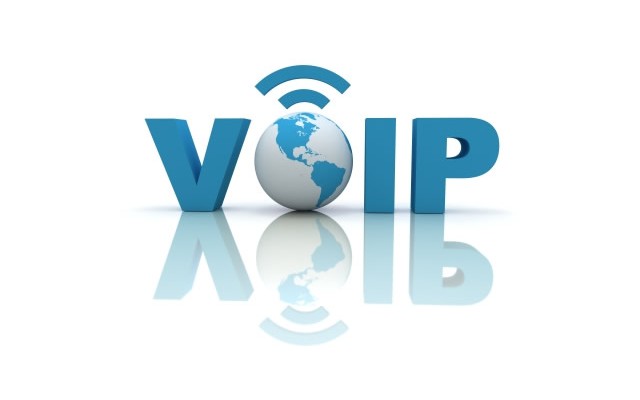There have been reports in the past that throttling is occurring to many VoIP users who choose to utilize their apps over wireless networks as opposed to Wi-Fi. Some customers in South Africa have been complaining about carriers throttling their use of these services to force them to use traditional voice services instead — enabling wireless carriers to increase profit — complaints that carriers Vodacom and Cell C deny.
Both of the aforementioned carriers have told ITWeb that they do not throttle any services, including Skype and Viber.
“Cell C does not throttle or charge premium rates for applications using data, such as Skype. The only reason networks throttle these applications is to manage congestion.”
Richard Boorman, executive head of corporate communications at Vodacom, meanwhile, says that “active traffic management” has become a standard across the entire industry, limiting apps that are more demanding to network resources, but says this is only done to improve the overall customer experience.
This isn’t the first time we’ve heard of such practices. A study done by the Body of European Regulators of Electronic Communications (BEREC) back in March shows the same thing happening in Europe.
There is some silver lining to speak of however. Recently, carriers have seem more open to negotiating deals with VoIP providers to regain some revenue while improving the overall customer experience and providing the much demanded services their customers crave. As more and more of these deals are made, we could see a major shift in how mobile operators do business and compete with each other sometime in the near future.

